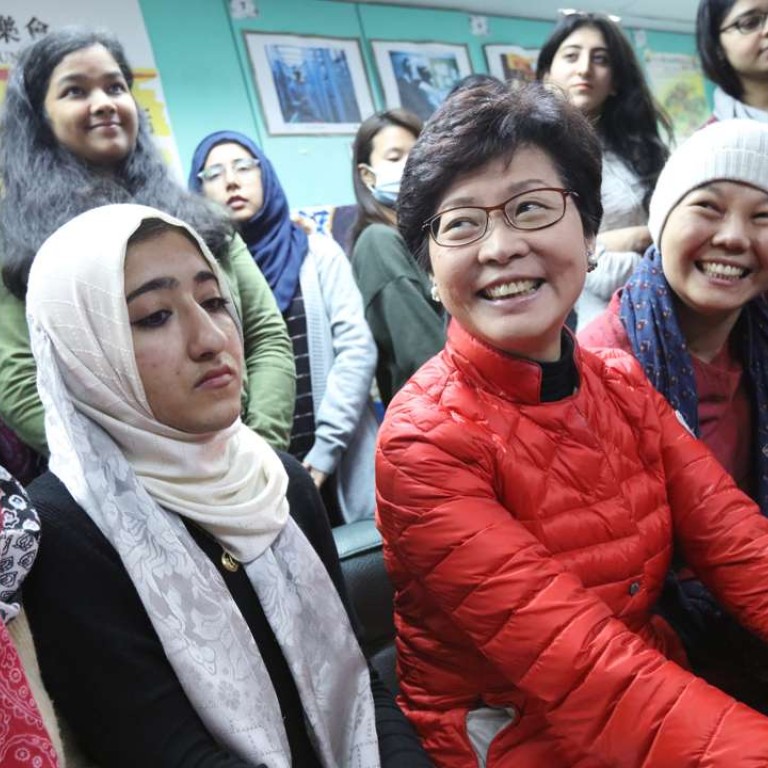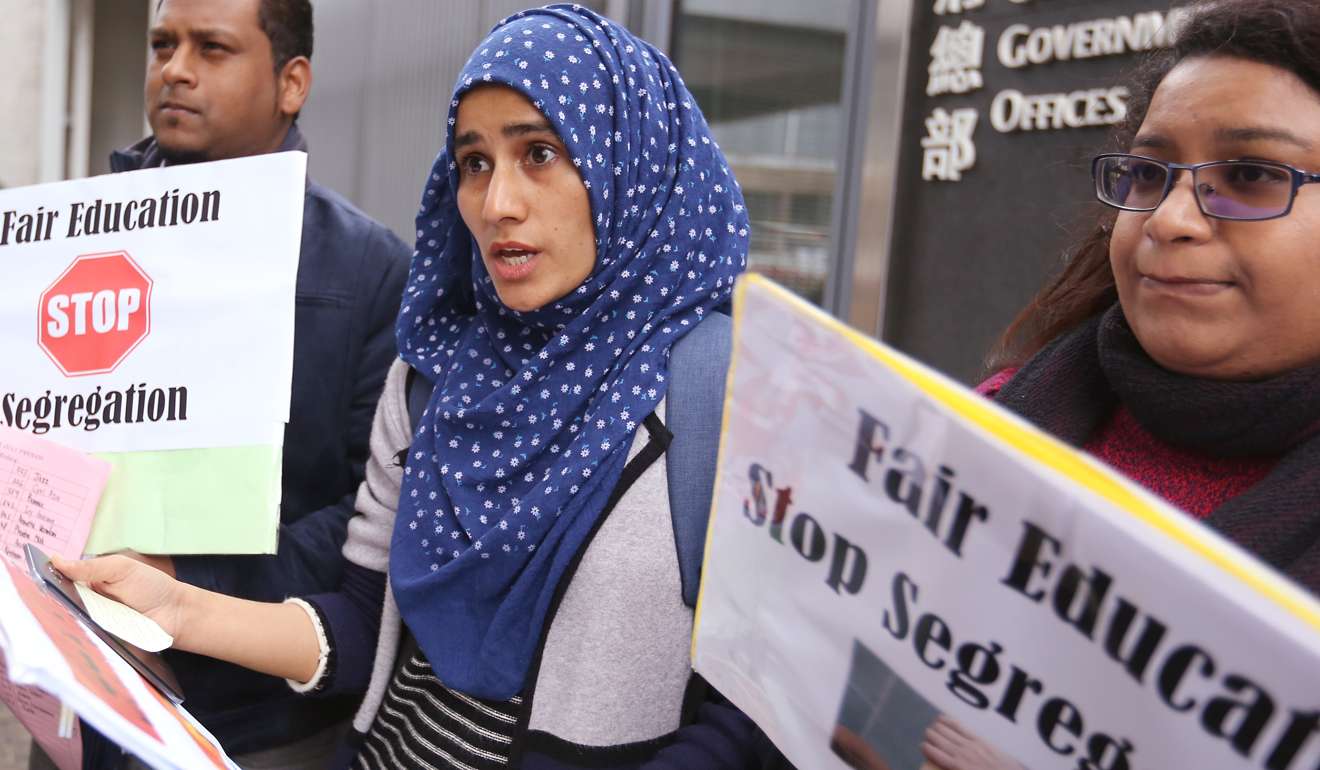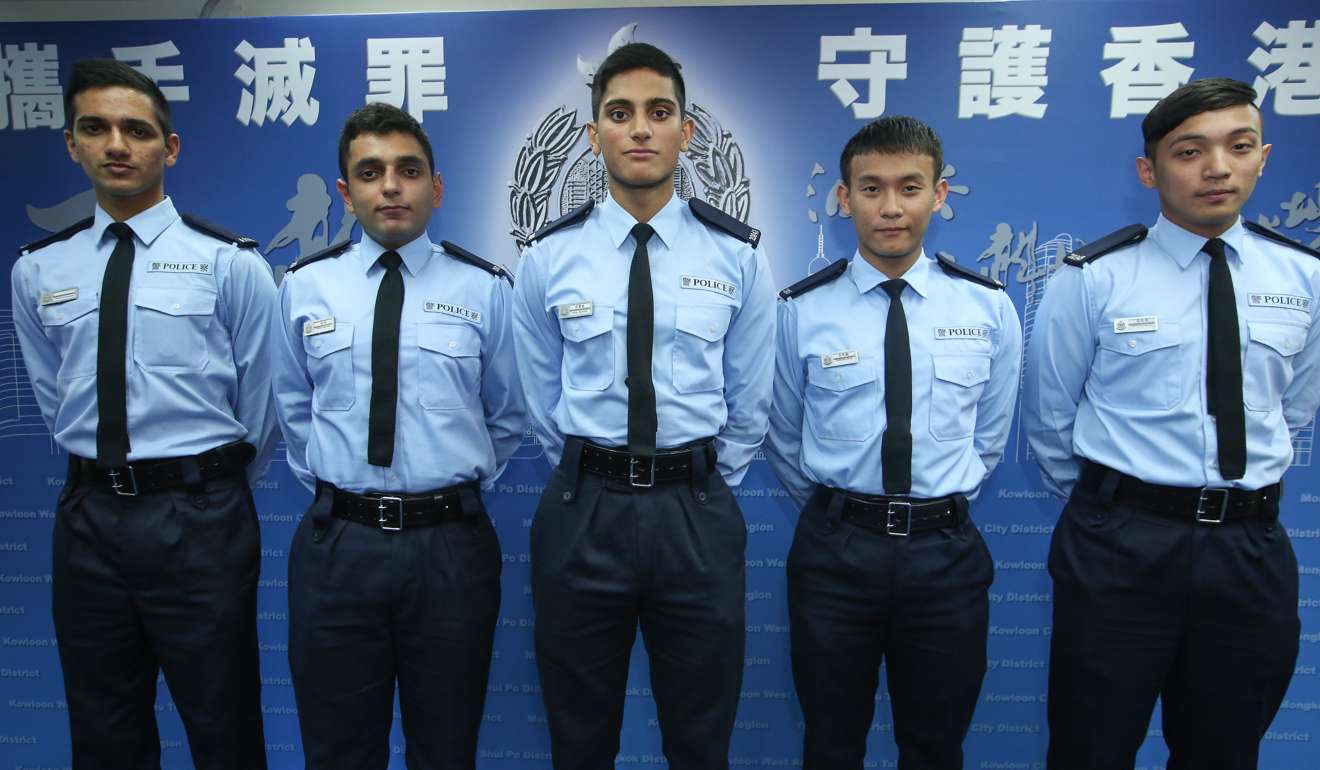
Hong Kong needs to do more to make its non-Chinese residents feel at home
Gary Wong wants the next chief executive to introduce new integration policies for the city’s non-ethnic-Chinese population, on issues from education and jobs to discrimination
Given the current political climate in Hong Kong, there is an urgent need to not only bridge the adversarial divide but also rebuild social cohesion. Fighting for the disadvantaged to create a diverse, inclusive society remains one of my goals as a politician.
Despite Hong Kong’s privileged “small-circle” election system, the next chief executive must not turn a blind eye to the forgotten people in society, including the 450,000 non-ethnic-Chinese who account for 6 per cent of the total population.
Hong Kong’s next chief executive must better heed ethic minority views
Having spent time abroad, in places like Bangalore, Oxford and Shanghai, it is clear that a society free of discrimination is key to socio-economic development. Hong Kong, as a world city and home to thousands of migrants, should do more to ensure inclusion for non-ethnic-Chinese residents and empower them to lead a better life.

Discriminatory language abounds in describing Hong Kong’s ethnic minorities
Hong Kong’s ethnic minority students ill-served by Chinese-language courses
These findings show there is a considerable gap between their standards of Chinese and that of the general Hong Kong populace. While a good number of non-ethnic-Chinese are fluent in spoken Cantonese, many cannot write or read it. The same survey also revealed that nearly 70 per cent of non-ethnic-Chinese workers and job-seekers believed that this inability was the main obstacle in their career or job searches.

Unison calls for Hong Kong government to provide more support to non-Chinese-speaking parents choosing schools
Last but not least, non-ethnic-Chinese talent has been an undeniable asset to Hong Kong. Throughout history, they have played a significant role in serving and shaping the city. During colonial times, a number of ethnic Indians and Nepalese arrived to join the Royal Hong Kong Police Force.
The notable Ruttonjee Hospital was set up with the financial support of an ethnic Indian businessman, J. H. Ruttonjee. As locals, we should take a closer look at this history and acknowledge the contribution to the city of these people.
The Zubin Foundation charity is just one of many organisations in Hong Kong that aim to raise public awareness of the city’s non-ethnic-Chinese population, and eventually eliminate misconceptions in society.
Non-white ethnic minorities in Hong Kong most discriminated against in banking and property services, study finds
Moreover, public organisations should be more proactive in opening up opportunities for integration. While the Hong Kong Police Force and Correctional Services Department have taken the lead to recruit non-ethnic-Chinese members, such measures should be extended further, to other government departments.
In the past decade, working in local communities and during my Legislative Council election campaign, I have become acquainted with non-ethnic-Chinese residents who work hard and strive for excellence.
They are the unknown heroes who quietly contribute to the success of Hong Kong. Making full use of this drive will certainly help take development of the city to the next level.
To win the world is to win the people’s faith. If the next chief executive is determined to break down social divisions and once again establish mutual trust, he or she must address these issues and endeavour to implement new policies promoting integration for our non-ethnic-Chinese population.
Gary Wong Chi-him is governor of the think tank Path of Democracy

